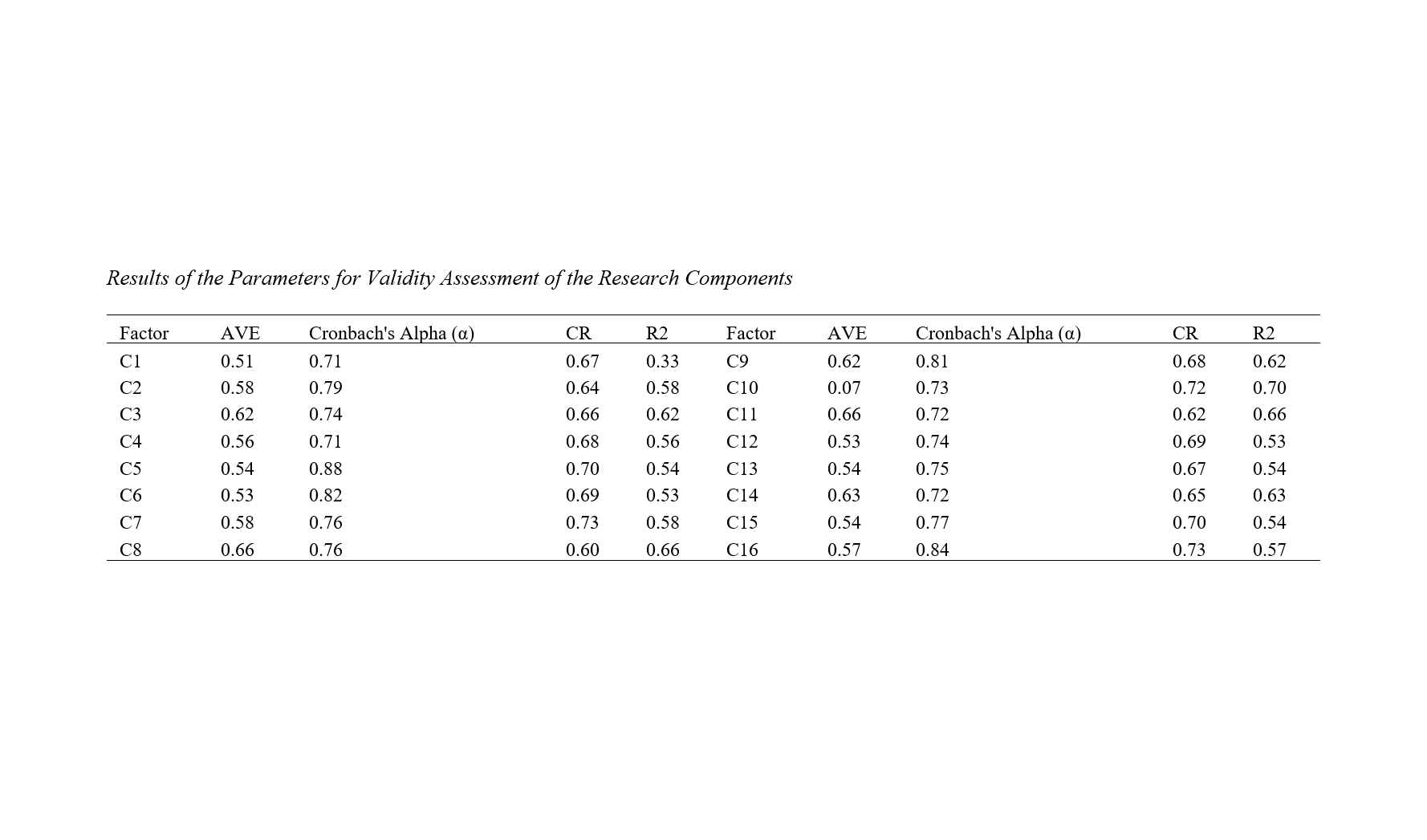Explaining the Reciprocal Relationships of Constructs Influencing the Technology Management System in the Ministry of Petroleum
Keywords:
technology, technology management, exploratory factor analysis, DEMATEL techniqueAbstract
Objective: Given the importance of effective and efficient management of technology in the success and dynamism of the nation's vast oil industry, it is undoubtedly essential to pay adequate attention to the management and control of the components influencing the technology management system. The present article aims to identify and determine the reciprocal relationships and impacts of the factors within the technology management system in the subsidiary companies of the Ministry of Petroleum.
Methodology: The research is developmental and applied in nature, with a statistical population consisting of 450 senior managers and experts from five subsidiary companies of the Ministry of Petroleum. The required sample, based on the Krejcie-Morgan table, was determined to be 210 individuals and was selected using the purposive judgment technique. The data collection tools included a researcher-made questionnaire with 52 items based on a Likert scale for performing exploratory factor analysis, as well as a standard DEMATEL technique questionnaire. The validity of the first questionnaire was confirmed based on content and construct validity, and Cronbach's alpha coefficients and composite reliability indicated the reliability of the research instruments.
Findings: In this study, according to data analysis using Smart PLS software, 16 components affecting the technology management system were selected based on the eigenvalue criterion, explaining 60.8% of the variance of the studied variable. Additionally, by executing the steps of the DEMATEL scientific technique approach, the intensity of the reciprocal relationships among the research criteria was examined, and the factors were divided into two categories: influencing and influenced.
Conclusion: Therefore, it is hoped that by increasing effective links between academic and research communities and industrial environments, particularly the large oil industry of the country, and simultaneously improving the quality and practical applicability of scientific research outcomes, the belief in the significant and positive impact of applying study findings in improving and organizing the technological sector of the country's oil industries will be strengthened within the managerial framework of this large organization.
Downloads

Downloads
Additional Files
Published
Submitted
Revised
Accepted
Issue
Section
License
Copyright (c) 2024 Mahdi Alipour Paydar (Author); Nasser Fegh-hi Farahmand (Corresponding Author); Yaghoub Alavimatin (Author)

This work is licensed under a Creative Commons Attribution-NonCommercial 4.0 International License.















